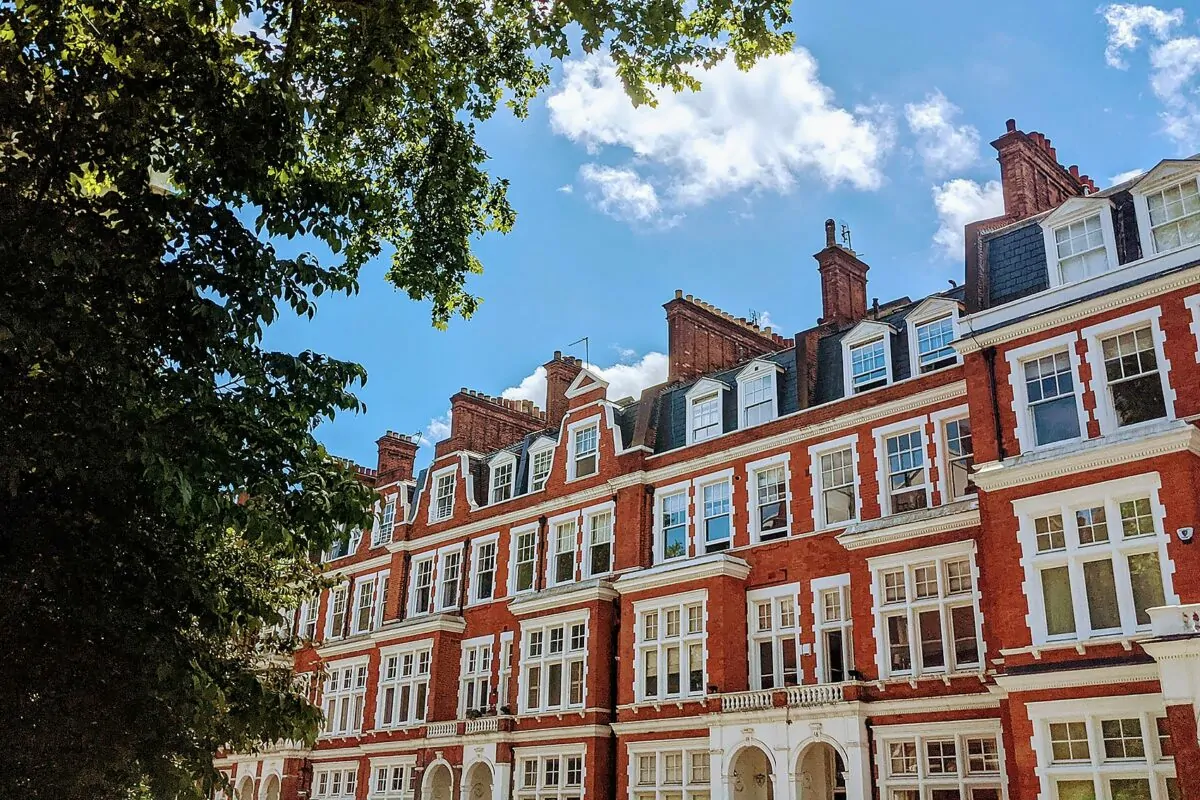What is a buying agent?
A buying agent can go by several names such as a ‘property finder’, ‘search agent’ or ‘property consultant’.
Essentially, they represent the buyer to find suitable properties, negotiate on their behalf and progress the purchase to completion. In the UK, selling agents, commonly known as ‘estate agents’, are paid by and work exclusively for the seller. Buying agents act for the buyer.
Who is it for?
Originally, London buying agents were seen as a service only for the wealthy, dealing in ‘off market’ sales away from the public eye. However, the industry now caters for a range of budgets and provides many benefits to a variety of London home buyers and investors.
Perrygate typically acts for domestic and international buyers in central London spending from £500,000 to £10m. Our clients are a mix of domestic and international buyers. They are typically time poor and value independent advice to ensure they don’t make an expensive mistake.
What does a buying agent charge?
The majority of buying agents work on a commission basis. They typically charge around 1.5% – 3% +VAT of the agreed purchase price. This means the fee on a £1m purchase may be in the region of £18,000 – £36,000. Some agents charge the higher of a percentage of the purchase price or a percentage of the amount negotiated from the asking price. As asking prices are rarely an indicator of value, a simple commission or fixed fee model often works best for both parties.
Most agents also charge a retainer fee between £500-£3,000 before beginning a search. This fee only partly covers a buying agent’s time and travel costs but establishes an exclusive working relationship between both parties. Selling agents also know retained clients are serious and organised buyers.
Perrygate’s success fee is the higher of 1.25% (inc .VAT ) of the purchase price or a minimum fee of £12,000 (inc. VAT). Read more about our fees here.

Why use a buying agent?
1. Save Money
A property finder’s goal is to secure a property matching their client’s criteria at the best possible price.
Two properties for sale on the same street often represent very different value for money. Due diligence on the property, broader market conditions and the vendor’s position all inform the negotiation strategy. A buying agent should have a strong eye for detail and be vigilant of issues not revealed in the marketing. Factors affecting the negotiating position include: internal and external condition, ceiling heights, natural light, the local planning environment, condition of communal areas, whether the property is North/South facing, internet speeds, local amenities – to name but a few!
Buying agents offer in-depth knowledge of your search area, live local market conditions as well as negotiating experience. This is especially important in a vast city like London where markets are hyperlocal.
A buying agent must understand the emotional factor of any purchase while remaining detached enough to ensure maximum offer levels are controlled.
“One of a buying agent’s most important roles is telling clients when to walk away from a property.”
A property finder will not just try to save their client a significant amount of money from the asking price (often many times their fee), but will look to secure other favourable terms. For instance, they may ask for a lease to be varied before exchange of contracts or for the vendor to work towards a very quick exchange of contracts by retaining a senior solicitor.
Our clients offers are often recommended to the vendor by the selling agent even if another party offers slightly more. They know our clients have been thoroughly debriefed on both the pros and cons of a property and have everything in place for a swift exchange of contracts.
2. Save Time
Buying a property is a time consuming process. Researching properties, travelling to and reporting on viewings, undertaking extensive due diligence, negotiating and progressing the sale etc. takes considerable time.
A property search can take more than 200 hours to complete and recommending an offer level on a single property requires significant due diligence.

3. Less Stress
Buying a property can be one of life’s most stressful experiences. A buying agent will save their clients the stress of dealing with many of the challenges during a property search. These can range from identifying misleading marketing (e.g. incorrect leasehold information), cancelled viewings and indecisive vendors.
Beyond this, a buying agent will have a trusted network and coordinate all aspects of the purchase and assist with post-completion matters. Perrygate’s Buying Service requires us to liaise with solicitors, mortgage brokers, FX traders, architects, builders etc.
4. Access
Estate agents know property finders only represent serious clients. This enables clients to gain access to the right properties and be taken seriously.
High-profile or security conscious ‘off market’ sellers prefer not to have their property details on the internet. They value a buying agent’s discretion.
Read more about Off Market Property here.
5. Purchase progression/ post-completion support
Once a property is taken off the market, the real work begins. Many underestimate the importance of this final step. Even straight-forward purchases invariably encounter one or two issues before completion.
The longer a purchase takes, the greater the risk of it collapsing. Your buying agent will work with all parties (solicitors, surveyors, selling agents, mortgage brokers) to progress the sale in a timely manner.
Approximately 30% of agreed sales in the UK fall through but our firm’s current rate is under 10%. Before making an offer, we undertake due diligence on the seller’s circumstances and ensure if issues later appear during the survey or legal process, all sides remain calm. If a significant issue arises during the building survey or conveyancing, a buying agent may renegotiate the price to reflect this new information.
Which London buying agent is right for me?
We’ll try to be impartial here!
Each buying agent’s service will have slightly different emphasis. It is important you find a London property finder which is a good fit for you. Some buying agents have more than 10 staff with dedicated in-house property management and rental search teams. Others also sell property in addition to buying. Some cover regional areas while some specialise in certain London postcodes. Some are privately owned while some are part of larger corporate bodies such as Savills and Knight Frank.
At Perrygate, we are a boutique, family firm working solely on acquisitions. We only work with four clients at any time which allows us to deliver a high level of responsiveness and due diligence during any search. We believe our pricing model delivers excellent value without compromising on service.
Trust between a buying agent and their client is absolutely essential for both sides to work well together. If a buying agent is being driven by commission and not their client’s best interests, tensions will arise. A good buying agent will not be overly eager to take a retainer fee from a potential client and will first want to establish both parties’ interests are aligned and achievable.
Ultimately, the right firm should be adding value.
What questions can I ask a buying agent?
Anything that comes to mind! At Perrygate we are always happy to discuss the market even if we’re not the right fit for the buyer or vice-versa.
If you are speaking with a buying agent, these questions may give you a better insight into how they work.
1) How long have they been in business?
2) Do they have commission relationships with the various third-parties they will recommend throughout the service e.g. solicitors, mortgage brokers, architects, builders etc. If you were introduced by a third-party, will they pay that firm an introductory commission as part of your quoted fee?
3) Can they give details of recently successful transactions? Do they search for properties over a wide or narrow search area?
4) Will there be a main point of contact throughout the search? Are they contactable outside of office hours if a bidding situation is urgent?
5) If you need additional services post-completion (e.g. assistance selecting architects or builders for potential renovations, project management) can they provide this and will there be an additional cost?
6) Are they a member of any redress scheme (e.g. The Property Ombudsman)? Are they registered with the government’s anti-money laundering scheme?



